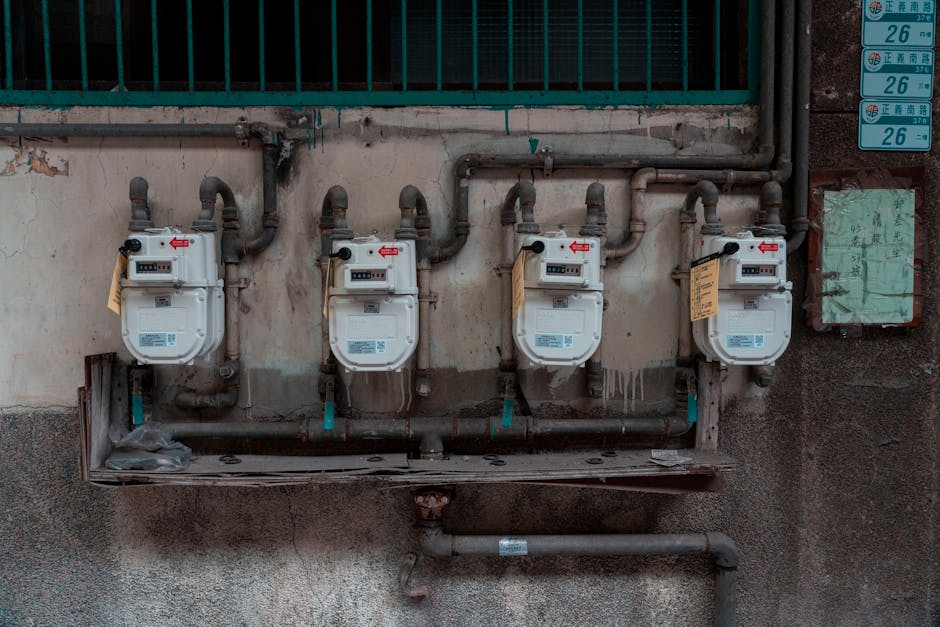In an age where efficiency and sustainability are more than buzzwords, smart HVAC solutions are leading a quiet revolution in the way we think about and manage our indoor environments. From homes to high rises, these intelligent systems are not just altering our climate control strategies; they’re reshaping our expectations for comfort, energy consumption, and environmental stewardship.
The Evolution of HVAC Technology
Heating, Ventilation, and Air Conditioning (HVAC) systems have undergone significant transformations over the past few decades. Initially, the focus was on basic temperature control, often at the expense of energy consumption and operational efficiency. Today, however, advancements in technology have ushered in a new era where smart HVAC systems are becoming the norm. These systems leverage cutting-edge technology including IoT (Internet of Things), AI (Artificial Intelligence), and machine learning to provide unprecedented control over indoor climates, while also improving energy efficiency and reducing costs.
This shift towards smarter systems has been driven by a growing awareness of the environmental impact of traditional HVAC solutions and a societal push towards sustainability. Modern consumers demand systems that are not only effective but also eco-friendly and cost-efficient. Manufacturers have responded with innovations that were once the realm of science fiction — from thermostats that learn your preferences to systems that adjust themselves based on real-time weather forecasts.
What Makes HVAC Systems Smart?
At the heart of smart HVAC technology lies the capacity for connectivity and autonomous operation. Unlike traditional systems, which require manual adjustments, smart HVAC units are equipped with sensors and internet connectivity that allow them to gather data, adapt to changes in the environment, and operate with minimal human intervention. Users can control these systems remotely using smartphones or tablets, enabling temperature adjustments, monitoring energy usage, and receiving maintenance alerts from anywhere in the world.
Moreover, the integration of AI and machine learning algorithms enables these systems to analyze patterns in your behavior, anticipating needs and adjusting the indoor climate for optimal comfort and efficiency. Such predictive capabilities not only enhance the user experience but also contribute to significant reductions in energy use and operational costs.
Benefits of Smart HVAC Solutions for Modern Buildings
The adoption of smart HVAC systems offers a plethora of benefits, transcending mere comfort to encompass financial and environmental advantages. For starters, improved energy efficiency directly translates to lower utility bills, with smart systems significantly reducing wastage by optimizing heating and cooling cycles. Furthermore, enhanced indoor air quality—a byproduct of intelligent climate control—can lead to healthier environments for occupants, mitigating issues related to poor ventilation and outdated systems.
Integrating Smart HVAC with Home Automation
The synergy between smart HVAC systems and broader home automation platforms marks a significant stride towards truly intelligent homes. By linking HVAC systems with other smart home devices, such as lights, blinds, and security systems, homeowners can achieve a level of convenience and efficiency that was previously unattainable. For example, smart thermostats can adjust the temperature based on whether the home is occupied, and can even lower heating or cooling when the system detects that windows have been opened, further conserving energy.
The Future of Climate Control: Predictions and Innovations
Looking ahead, the potential for innovation in the realm of smart HVAC is vast. Emerging technologies, such as geothermal heat pumps, smart vents, and even wearables that communicate with HVAC systems, are poised to make our climate control solutions more effective and intuitive than ever before. With continued advancements in AI, IoT, and green technology, the next generation of smart HVAC systems promises not only to transform our living and working spaces but also to play a pivotal role in our journey towards sustainability and reduced carbon footprints.
Embracing the Future with Smart HVAC
As we’ve explored the depths of smart HVAC technology and its expansive benefits, it’s clear that the future of climate control is here. These systems, with their ability to learn and adapt, promise a future where comfort, energy efficiency, and reduced environmental impact go hand in hand. The landscape of climate control is irrevocably changing, and with smart HVAC solutions leading the charge, we’re on the brink of a new era where our buildings work smarter, not harder, for us.




